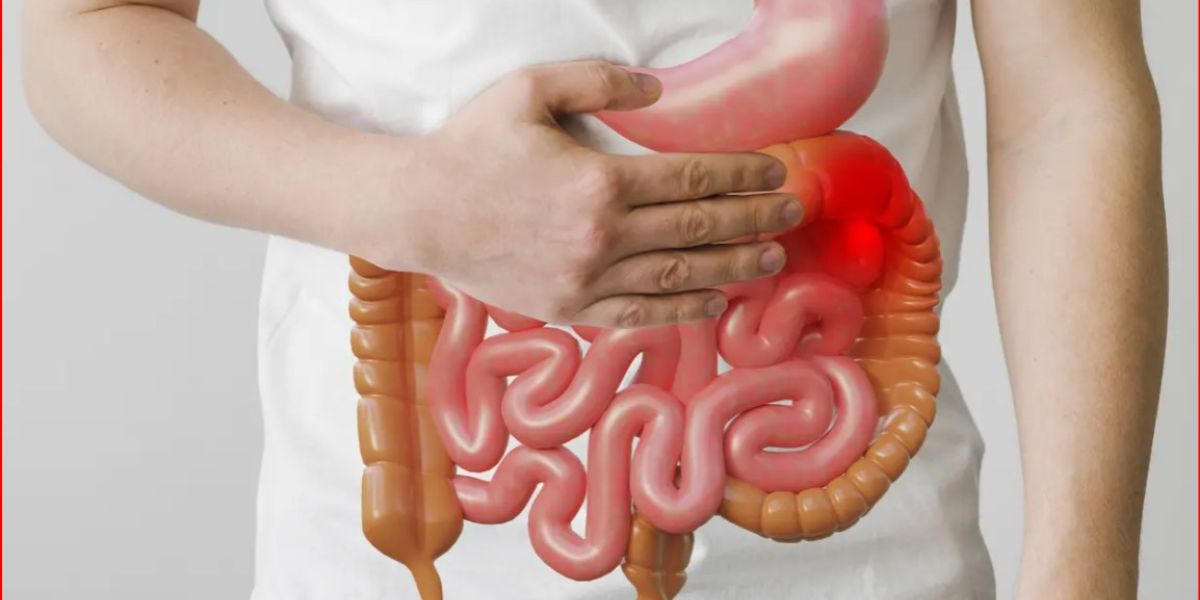Kapanlagi.com - Recognizing the symptoms of colon cancer early can be key to preventing the disease from developing into something more serious. Colon cancer, which often begins as benign polyps in the large intestine, can turn into cancer without the sufferer realizing it. Unfortunately, many people do not recognize the early signs, so treatment often only occurs when the cancer is already at an advanced stage.
Colon cancer generally more commonly affects individuals over the age of 50, but that does not mean younger people are free from this risk. Several factors such as a low-fiber diet, smoking habits, and lack of physical activity can increase the likelihood of someone developing colon cancer. Therefore, it is important to understand the early characteristics of colon cancer and to undergo regular check-ups to detect the presence of polyps or signs of cancer.
In this article, we will thoroughly discuss the symptoms of colon cancer, the risk factors to be aware of, and the prevention steps you can take. With the right information, you can protect yourself and your loved ones from the threat of this disease. Let us be vigilant together and strive to maintain our health!
1. What Is Colon Cancer and How Does It Happen?
Colon cancer, which is the abnormal growth of cells in the large intestine, often starts from benign polyps that do not show symptoms in the early stages, making it difficult to detect without medical examination. If left untreated, these polyps can turn into colon cancer within a few years.
Habits such as excessive consumption of red meat, lack of fiber intake, and obesity are major risk factors that need to be watched. Therefore, routine screenings such as colonoscopy are highly recommended for those over 45 years old, where doctors can easily detect and remove polyps before they potentially develop into cancer.
2. Early Symptoms to Watch Out For
Colon cancer often comes without clear symptoms, but there are several signals that you should be aware of. One of them is persistent abdominal pain, accompanied by cramps or bloating that disrupts daily activities.
If you notice dark red blood mixed with your stool, do not hesitate to consult a doctor immediately, as this could be a sign of polyps or even colon cancer.
Additionally, changes in bowel habits, such as diarrhea or constipation lasting more than a few weeks, could indicate a blockage in the intestines due to a tumor. Be cautious, as recognizing symptoms early is an important step towards better health!
3. Risk Factors and Triggering Habits
Lifestyle and genetic factors have a significant influence on the risk of colorectal cancer. A diet low in fiber, combined with smoking habits and excessive alcohol consumption, are some of the main causes that should be watched out for.
Moreover, if there is a history of colorectal cancer or conditions such as colon polyps and diabetes in your family, this risk increases. Let us be more vigilant and maintain intestinal health for a better future!
4. Colorectal Cancer Prevention
Preventing colorectal cancer can start with simple yet effective steps! Try to increase your intake of fiber-rich foods, such as fresh vegetables, fruits, and healthy grains.
Don't forget to exercise regularly to maintain an ideal weight and keep your body fit. Avoid smoking and limit alcohol consumption for better health.
In addition, undergo regular screenings, especially if there is a family history of colorectal cancer. With these efforts, we can maintain intestinal health and live a higher quality life!
5. Treatment and Prospects for Recovery
Colon cancer treatment offers various approaches, ranging from tumor removal surgery, chemotherapy, to radiation therapy. Interestingly, early detection is key to enhancing the effectiveness of treatment, significantly increasing the chances of recovery. If colon cancer is detected at an early stage, patients can have a recovery hope of up to 90%!
6. What are the early signs of colon cancer?
Early symptoms to watch for include persistent abdominal pain, noticeable changes in bowel habits, the presence of blood in the stool, and unexplained weight loss.
7. Who is at risk of colon cancer?
Those over 50 years old, especially those with a family history of colon cancer, as well as those facing challenges such as obesity or leading an unhealthy lifestyle, need to be more vigilant.
8. How to prevent colon cancer?
Improve your digestive health by consuming fiber-rich foods, exercising regularly, and don't forget to have routine check-ups like colonoscopies.
9. Can colon cancer be cured?
With early detection, the hope for recovery from colon cancer is very bright! Moreover, appropriate treatments such as surgery or chemotherapy can significantly increase the chances of recovery.
(kpl/srr)
Disclaimer: This translation from Bahasa Indonesia to English has been generated by Artificial Intelligence.













